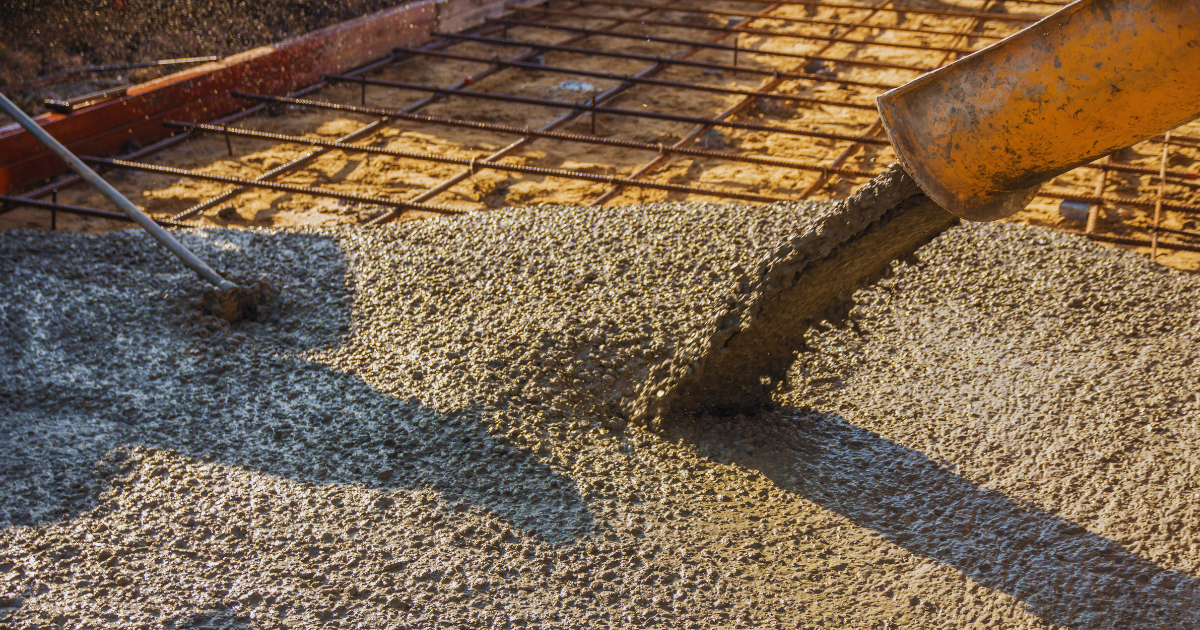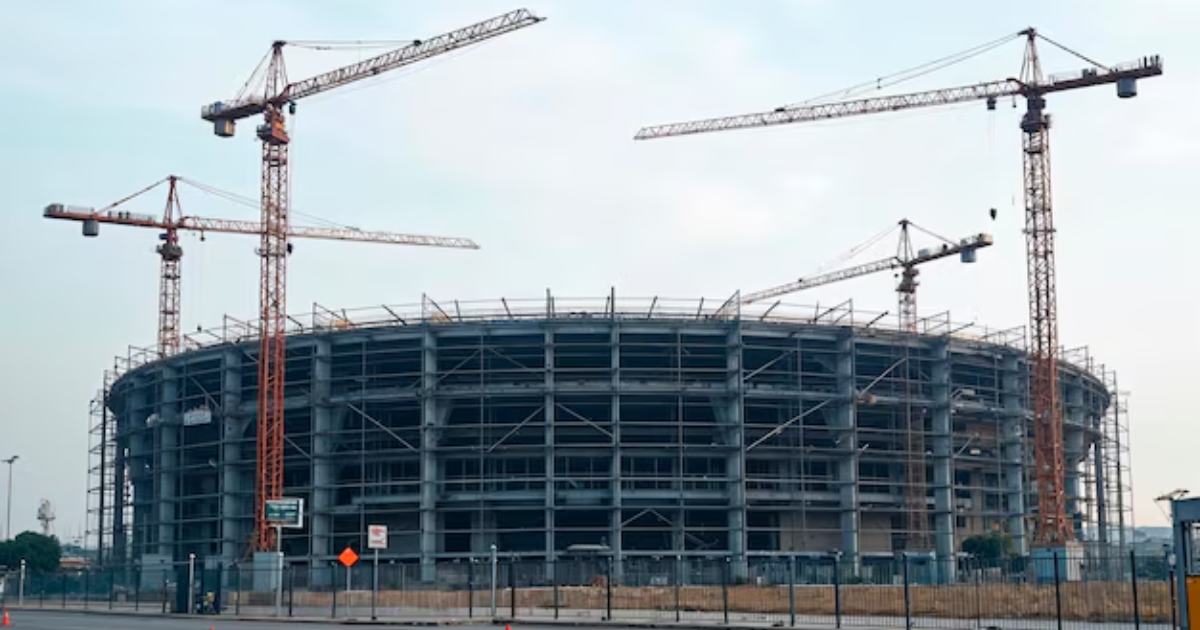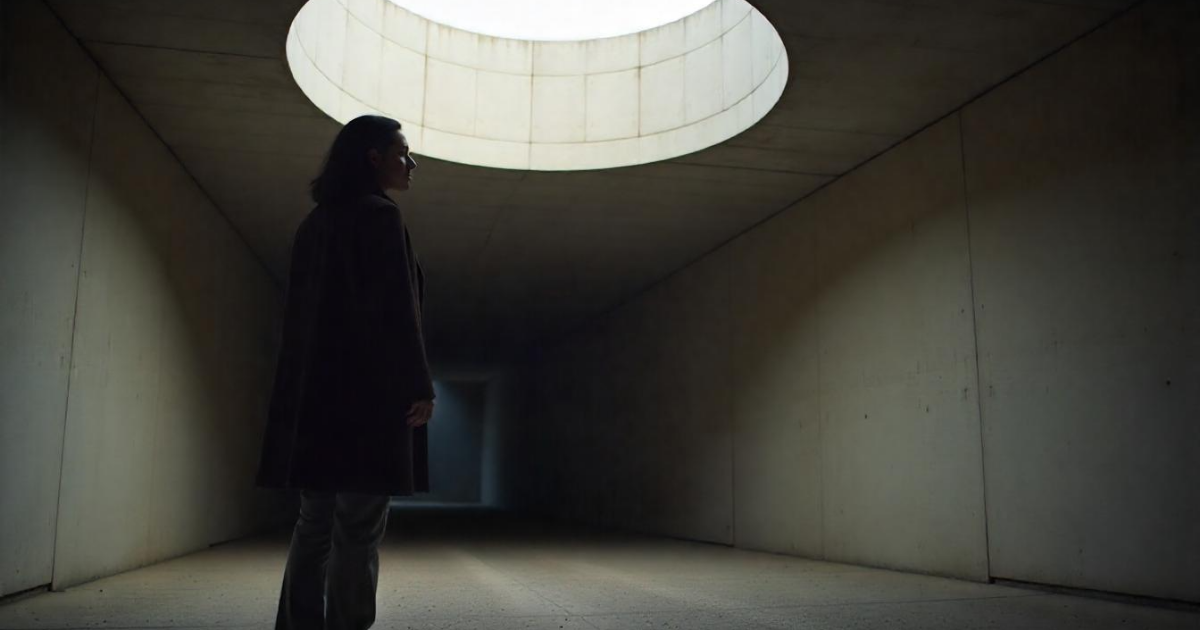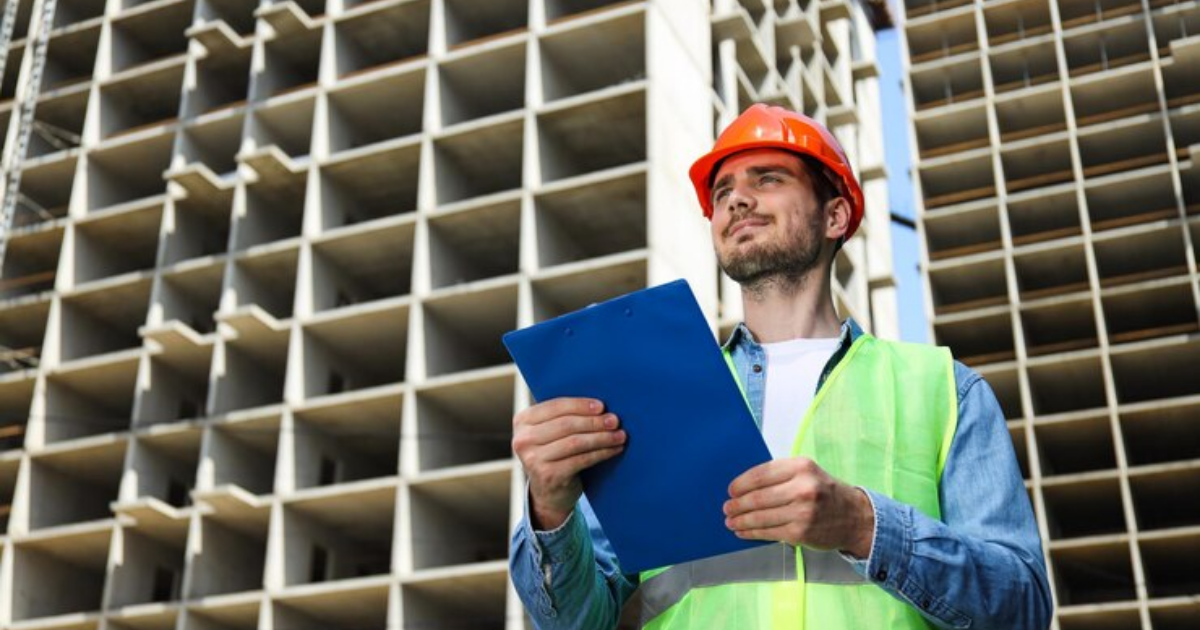Introduction
In the world of construction, the term “RMC” often surfaces, especially when discussing modern building techniques and materials. But what is RMC? RMC stands for Ready Mix Concrete, a tailor-made concrete produced in a factory or batching plant, according to a set recipe, and then delivered to a work site by truck-mounted transit mixers. This method ensures that the concrete remains fresh and ready for use upon arrival. In this blog, we will delve into what is RMC, its advantages, types, and applications, and why it has become an integral part of contemporary construction projects.
What is RMC?
So, what is RMC? Ready Mix Concrete (RMC) is a type of concrete that is manufactured in a batching plant or factory. This concrete is customized to meet the specific requirements of the construction project, ensuring that it has the desired properties for strength, durability, and workability. The concrete is then transported to the construction site using specialized vehicles called transit mixers, which keep the mixture in motion to prevent it from setting prematurely.
The key components of RMC include cement, aggregates (such as sand, gravel, or crushed stone), water, and additives. These materials are precisely measured and mixed to achieve the desired consistency and performance characteristics. This controlled production process helps in maintaining a high level of quality and consistency, which is crucial for large-scale construction projects.
Advantages of RMC
Understanding what is RMC also involves recognizing its numerous advantages over traditional concrete mixing methods. Here are some of the primary benefits:
- Quality Control:
- One of the significant advantages of RMC is the stringent quality control maintained during its production. The ingredients are accurately measured, and the mixing process is closely monitored, ensuring a consistent and high-quality product. This is particularly important for structural integrity and safety.
- One of the significant advantages of RMC is the stringent quality control maintained during its production. The ingredients are accurately measured, and the mixing process is closely monitored, ensuring a consistent and high-quality product. This is particularly important for structural integrity and safety.
- Time Efficiency:
- RMC can save a considerable amount of time on construction sites. Since the concrete is ready for use upon arrival, there is no need to mix it on-site, which can be a time-consuming process. This efficiency can accelerate project timelines significantly.
- RMC can save a considerable amount of time on construction sites. Since the concrete is ready for use upon arrival, there is no need to mix it on-site, which can be a time-consuming process. This efficiency can accelerate project timelines significantly.
- Reduced Wastage:
- With RMC, the precise quantities of materials are mixed, minimizing wastage. This is not only cost-effective but also environmentally friendly, as it reduces the need for excess materials and lowers the carbon footprint of the project.
- With RMC, the precise quantities of materials are mixed, minimizing wastage. This is not only cost-effective but also environmentally friendly, as it reduces the need for excess materials and lowers the carbon footprint of the project.
- Consistency:
- The consistency of RMC is another significant advantage. Each batch of concrete is mixed under controlled conditions, ensuring uniformity in quality. This consistency is vital for maintaining the structural integrity of the construction.
- The consistency of RMC is another significant advantage. Each batch of concrete is mixed under controlled conditions, ensuring uniformity in quality. This consistency is vital for maintaining the structural integrity of the construction.
- Flexibility:
- RMC can be customized to meet the specific requirements of different projects. Whether it’s a high-strength concrete for a skyscraper or a more flexible mix for a residential building, RMC can be tailored to suit the needs of the project.
- RMC can be customized to meet the specific requirements of different projects. Whether it’s a high-strength concrete for a skyscraper or a more flexible mix for a residential building, RMC can be tailored to suit the needs of the project.
- Environmental Benefits:
- The production of RMC in a controlled environment can help in reducing dust and noise pollution on construction sites. Moreover, the precise mixing reduces the need for excess raw materials, promoting sustainable construction practices.
Types of RMC
Now that we have a basic understanding of what is RMC, let’s explore the different types available. RMC can be classified based on various factors such as composition, application, and performance. Here are some common types:
- Standard Ready Mix Concrete:
- This is the most commonly used type of RMC, suitable for general construction purposes. It is designed to meet standard specifications and is used in a wide range of applications, from residential buildings to commercial projects.
- This is the most commonly used type of RMC, suitable for general construction purposes. It is designed to meet standard specifications and is used in a wide range of applications, from residential buildings to commercial projects.
- High-Strength Concrete:
- As the name suggests, this type of RMC is designed to provide high strength and durability. It is used in projects that require exceptional load-bearing capacity, such as bridges, high-rise buildings, and industrial structures.
- As the name suggests, this type of RMC is designed to provide high strength and durability. It is used in projects that require exceptional load-bearing capacity, such as bridges, high-rise buildings, and industrial structures.
- Self-Compacting Concrete (SCC):
- SCC is a highly flowable type of RMC that can spread and settle into place without the need for mechanical vibration. This makes it ideal for use in complex structures with dense reinforcement, as it can fill intricate spaces and voids easily.
- SCC is a highly flowable type of RMC that can spread and settle into place without the need for mechanical vibration. This makes it ideal for use in complex structures with dense reinforcement, as it can fill intricate spaces and voids easily.
- Fiber-Reinforced Concrete:
- This type of RMC includes fibers (such as steel, glass, or synthetic fibers) added to the mix to improve its tensile strength and crack resistance. It is commonly used in pavements, industrial floors, and structures subject to dynamic loading.
- This type of RMC includes fibers (such as steel, glass, or synthetic fibers) added to the mix to improve its tensile strength and crack resistance. It is commonly used in pavements, industrial floors, and structures subject to dynamic loading.
- Architectural and Decorative Concrete:
- RMC can also be customized for aesthetic purposes. This includes colored concrete, exposed aggregate finishes, and stamped concrete, which are used in landscaping, facades, and decorative elements in buildings.
Applications of RMC
The versatility of RMC makes it suitable for a wide range of applications in the construction industry. Here are some key areas where RMC is commonly used:
- Residential Construction:
- RMC is extensively used in the construction of residential buildings, including houses, apartments, and condominiums. Its consistency and quality make it ideal for foundations, walls, and floors.
- RMC is extensively used in the construction of residential buildings, including houses, apartments, and condominiums. Its consistency and quality make it ideal for foundations, walls, and floors.
- Commercial Buildings:
- In commercial construction, such as office buildings, shopping malls, and hotels, RMC provides the strength and durability required to support large structures. It is also used for decorative elements and architectural features.
- In commercial construction, such as office buildings, shopping malls, and hotels, RMC provides the strength and durability required to support large structures. It is also used for decorative elements and architectural features.
- Infrastructure Projects:
- RMC plays a crucial role in infrastructure development, including the construction of roads, bridges, tunnels, and dams. Its high strength and durability are essential for these large-scale projects that demand long-lasting performance.
- RMC plays a crucial role in infrastructure development, including the construction of roads, bridges, tunnels, and dams. Its high strength and durability are essential for these large-scale projects that demand long-lasting performance.
- Industrial Construction:
- Industrial facilities, such as factories, warehouses, and power plants, often require specialized concrete mixes to withstand heavy loads and harsh environments. RMC can be customized to meet these specific needs.
- Industrial facilities, such as factories, warehouses, and power plants, often require specialized concrete mixes to withstand heavy loads and harsh environments. RMC can be customized to meet these specific needs.
- Public Works:
- Public infrastructure, including schools, hospitals, and government buildings, also benefits from the use of RMC. Its consistent quality and timely delivery are vital for the efficient completion of these projects.
- Public infrastructure, including schools, hospitals, and government buildings, also benefits from the use of RMC. Its consistent quality and timely delivery are vital for the efficient completion of these projects.
- Landscaping and Urban Development:
- RMC is used in landscaping projects, including parks, walkways, and recreational areas. Decorative RMC adds aesthetic value to urban development projects, enhancing the visual appeal of public spaces.
The Future of RMC
As construction technologies continue to evolve, the future of RMC looks promising. Innovations in materials science and production techniques are expected to enhance the performance and sustainability of RMC further. Some trends to watch for include:
- Green Concrete:
- The development of eco-friendly RMC, incorporating recycled materials and industrial by-products, aims to reduce the environmental impact of concrete production. Green concrete is gaining popularity as a sustainable alternative in the construction industry.
- The development of eco-friendly RMC, incorporating recycled materials and industrial by-products, aims to reduce the environmental impact of concrete production. Green concrete is gaining popularity as a sustainable alternative in the construction industry.
- Smart Concrete:
- Advances in technology are leading to the creation of smart concrete, which can monitor its own health and performance. This includes self-healing concrete, which can repair cracks autonomously, and concrete with embedded sensors to track structural integrity.
- Advances in technology are leading to the creation of smart concrete, which can monitor its own health and performance. This includes self-healing concrete, which can repair cracks autonomously, and concrete with embedded sensors to track structural integrity.
- 3D Printing with Concrete:
- The use of 3D printing technology in construction is revolutionizing the way buildings are designed and constructed. RMC is being adapted for use in 3D printers, allowing for the creation of complex structures with precision and efficiency.
- The use of 3D printing technology in construction is revolutionizing the way buildings are designed and constructed. RMC is being adapted for use in 3D printers, allowing for the creation of complex structures with precision and efficiency.
- Performance-Enhancing Additives:
- The development of new additives and admixtures is enhancing the properties of RMC, such as increased strength, durability, and workability. These innovations are expanding the range of applications for RMC in construction.
Conclusion
Understanding what is RMC? is fundamental for anyone involved in the construction industry. Ready Mix Concrete has revolutionized the way we build, offering numerous advantages in terms of quality, efficiency, and sustainability. Its diverse types and applications make it a versatile material that meets the demands of modern construction projects. As we look to the future, the continued innovation in RMC production and technology promises to further enhance its capabilities, ensuring that it remains a cornerstone of construction practices worldwide.
Hindustan RMC is your trusted partner for all your concrete needs. With our network of RMC plants, commitment to quality, and dedication to customer satisfaction, we are here to support your construction projects. Contact us today to discover the benefits of partnering with Hindustan RMC and experience the difference firsthand. Choose Hindustan RMC for reliable, high-quality concrete solutions for your next project.







